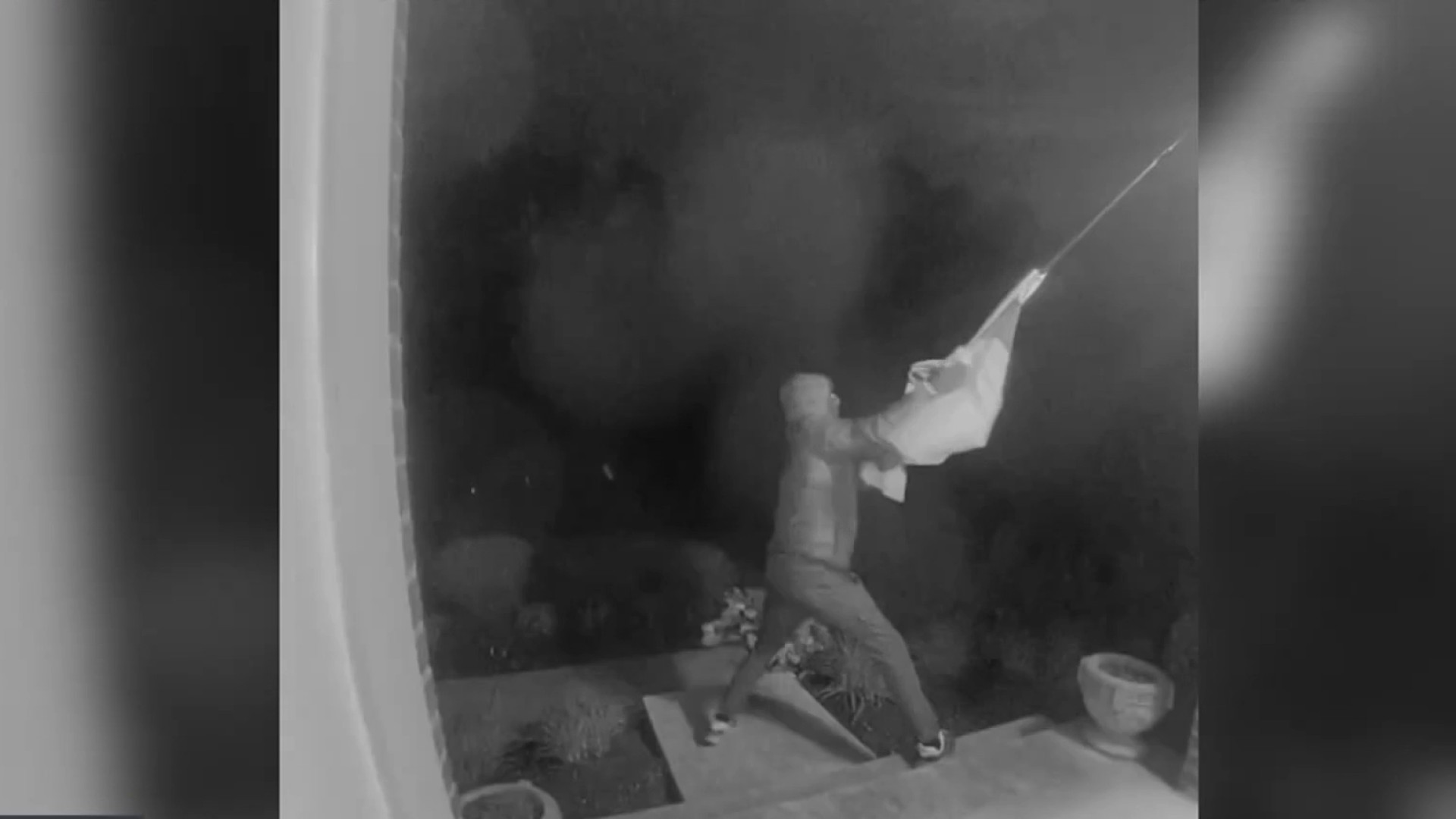Six exotic dancers who previously won fair pay lawsuits against two clubs in Prince George's County, Maryland, prevailed in court again this week.
A federal appeals court upheld a ruling on Wednesday stating that the owner of Fuego Exotic Dance Club in Hyattsville and Extasy Exotic Dance Club in Temple Hills had failed to pay the dancers minimum wage and improperly classified them as independent contractors, rather than employees.
"They are entitled to the minimum wage," the dancers' lawyer, Gregg Greenberg, said Friday, calling the ruling a "major civil rights victory."
The dancers first sued the clubs in 2012, arguing that the club owner, Jackson Street Entertainment, had failed to pay them proper pay or overtime. The suit also said the clubs required they pay a fee in order to perform and to take bathroom breaks.
"If you're on schedule and you show up to go to work, the club says, 'Good, you're here, now pay me $25 for the night,'" Greenberg said.
The club owner argued the dancers were "free agents" who used the clubs simply as rented space where they could perform and receive tips. The dancers said that, like an employer, the clubs closely regulated the fees they paid, their schedules and their behavior.
A Maryland federal judge awarded the plaintiffs about $265,000 in Feb. 2015. The amounts awarded to each dancer ranged from about $18,000 to $103,000, Law360 reported.
Local
Washington, D.C., Maryland and Virginia local news, events and information
A three-judge panel of the U.S. Court of Appeals for the 4th Circuit sided this week with the dancers.
"The totality of circumstances speak clearly to an employer-employee relationship between plaintiffs and defendants," the decision says.
The club owner was not available for comment. His lawyer said he is considering filing another appeal.
Strippers across the United States have filed similar lawsuits in recent years.
A federal court ruled in April 2011 that dancers at a D.C. strip club were entitled to minimum wage and should have been employees, not independent contractors, Law360 reported.
And in 2012, dancers employed by the California-based Spearmint Rhino chain of strip clubs were awarded a record settlement of $13 million after they challenged their independent contractor status, NBC Los Angeles reported.
But neither dancers nor strip clubs are unified on whether dancers should work as employees rather than independent contractors, said Angelina Spencer, the executive director of ACE National, the trade association for adult nightclubs.
"This is really a hot-button issue in this particular industry at the moment," Spencer said. "We have club operators who really fall on both sides of the fence, and, more importantly, dancers who fall on both sides of the fence."
Employee status gives strippers the stability of regular paychecks, benefits and workers' compensation, Spencer said. But the trade-off is having to follow an employer's rules about hours, attire and behavior.
Spencer, a former club owner and dancer herself, said she had preferred to work as an independent contractor.
"When my foot hit the club floor, I was my own boss," she said.
Greenberg, the Prince George's County dancers' attorney, said that across D.C., Maryland and Virginia and has 50 similar cases open.



